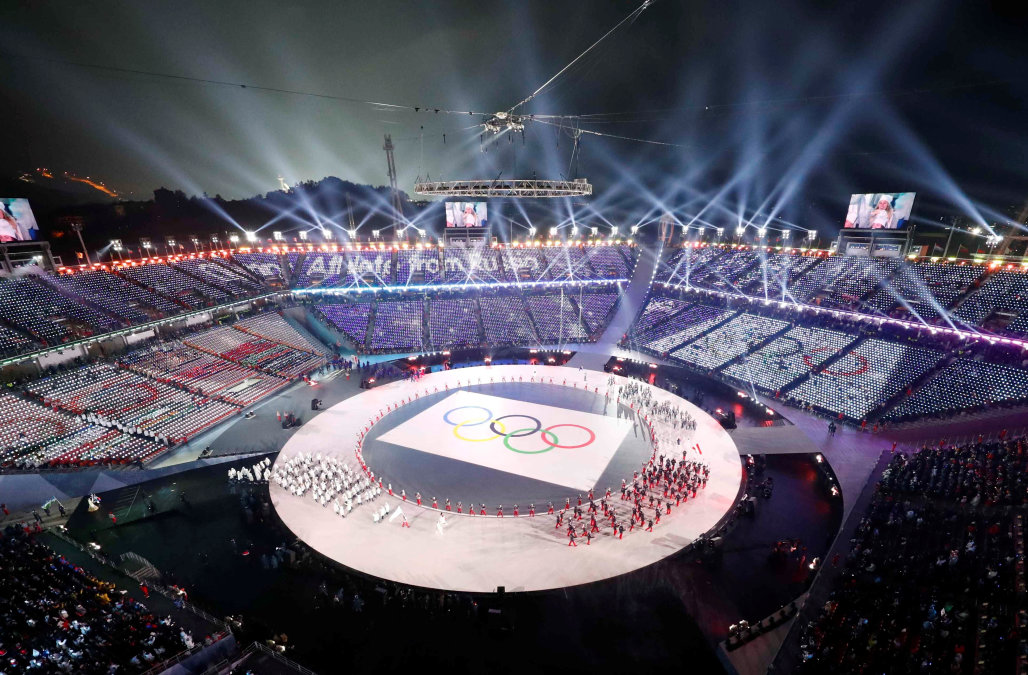In the midst of opening ceremony festivities in Pyeongchang, hackers were hard at work targeting internet and TV services related to the games. The International Olympic Committee (IOC) has admitted that some services were disrupted, but core infrastructure remains unaffected.
To maintain international cooperation and friendly relations throughout the competition, the IOC has chosen not to reveal any details of who or how the attack was carried out. The root cause has been found and addressed to prevent future and ongoing attacks.
Attributing the attacks to Russia as retaliation for banning its athletes over doping is a reasonable theory. The hacks may also have been a stunt pulled by North Korea in an effort to tarnish the reputation of South Korea in front of the world. Despite these theories, it is possible that another entity carried out the attacks knowing that blame would be thrown elsewhere.

Russia has formally commented denying any involvement in carrying out the cyber attacks. "We know that Western media are planning pseudo-investigations on the theme of 'Russian fingerprints' in hacking attacks on information resources related to the hosting of the Winter Olympic Games in the Republic of Korea," declared Russia's foreign ministry.
North Korea has not given any comment on the matter. Given that athletes from the north and south are marching together for the first time since 2006, it seems somewhat unlikely that North Korea would attempt to perform sabotage. Only the International Olympic Committee may ever know what truly happened.
Due to the ongoing threats of cyber attacks, sponsoring organizations have adopted insurance policies to cover possible damages. With plenty of advanced security measures in place and over 700 security experts on hand, the integrity of the Winter Games remains a top priority for the IOC.
